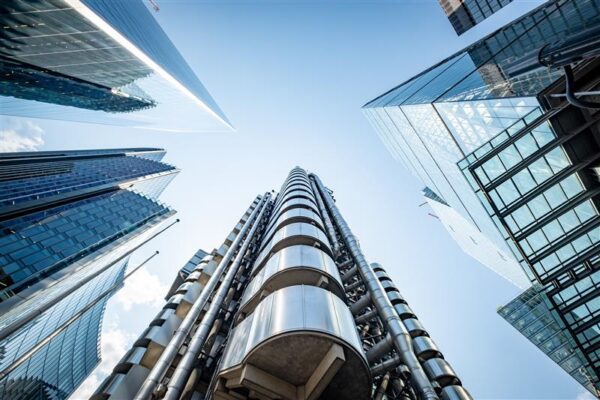
SECR reporting: should you include Scope 3?
Why would any business choose to go beyond their reporting requirements?
The Streamlined Energy and Carbon Reporting (SECR) scheme was designed to make it easier for businesses to report on their emissions – so why would any business choose to go beyond their reporting requirements?
Well, a growing number of businesses are already reporting on their Scope 3 emissions, even though they’re not obligated to under SECR. And if your competitors are going beyond their obligations, then you could find that your business is at a disadvantage – which means it’s worth exploring whether reporting your Scope 3 emissions could benefit your organisation.
What’s included in Scope 3?
Your Scope 3 emissions include any emissions that are created as an indirect consequence of your organisation’s actions, where the source of the emissions is not owned or controlled by your company. This could include emissions created by your employees’ commutes, for example, as well as any emissions created by any goods and services your business purchases or by up- or downstream transportation.
Does SECR require businesses to report on Scope 3?
Currently, only large quoted companies and LLPs are required to report on some of their Scope 3 emissions under SECR. These companies must disclose their energy use and related emissions from business travel in rental cars or employee-owned vehicles where they are responsible for purchasing the fuel.
Unquoted companies are not yet required to report on their Scope 3 emissions under SECR. However, Government guidelines around SECR ‘strongly encourage’ all businesses affected by SECR to voluntarily report on their Scope 3 emissions, especially where it is a material source of emissions.
Why are businesses voluntarily reporting their Scope 3 emissions?
Voluntary Scope 3 reporting is becoming increasingly appealing to businesses because…
It’s likely to become mandatory in the future. Although only large quoted companies and LLPs are currently obligated to report on some of their Scope 3 emissions, as the UK moves closer to its net-zero target, it’s likely that the scope of SECR will expand. More businesses may be required to report under SECR, and we could see Scope 3 reporting become mandatory for all SECR participants. So many organisations are starting to report on their Scope 3 emissions now because it can take time to get to grips with value chain emissions. You will typically need to collect data from third parties throughout your supply chain to be able to fully report (and take action) on Scope 3. It’s therefore worth tackling this process and gaining a clear understanding of your Scope 3 emissions before you are required to do so.
Scope 3 is now the biggest area of emissions for many businesses. Many businesses have been focused on reducing their impact on the environment for some time now, and most have tackled their Scope 1 and 2 emissions first, as they’re often easier to address. These organisations are now likely to find that Scope 3 is now the biggest area of emissions for their business, due to the action they have taken to reduce their Scope 1 and 2 emissions. In fact, organisations like Pepsi and BT have both stated recently that their Scope 3 emissions now represent 90% or more of their total GHG emissions. If your business’s sustainability strategy has focused on Scope 1 and 2 so far, then it’s time to take stock of your Scope 3 emissions.
Reporting leads to action. If you’re already reporting your Scope 1 and 2 emissions under SECR, you may have noticed that the public nature of your SECR reports has prompted your business to take action to reduce your emissions in these areas. Your customers and stakeholders can clearly see the measures you have taken to improve your sustainability – or lack of them – which can provide real motivation for your senior team to support sustainability improvements. By including Scope 3 emissions in your report, you may find it easier to gain buy-in to take action to reduce your supply chain emissions, too.
It demonstrates a real commitment to sustainability. By going beyond the minimum requirements for SECR compliance, you can show that sustainability is more than just a tick-box exercise for your company. Customers and stakeholders are increasingly looking for businesses to make sustainability a priority. In fact, a recent survey by Deloitte found that 64% of consumers want brands to reduce their packaging, while 46% are looking for greater clarity on sourcing of products – and these areas will typically involve addressing your Scope 3 emissions. By going above and beyond when it comes to Scope 3, your business could gain a competitive advantage against its competitors.
Get started with Scope 3
We know that Scope 3 can seem daunting – simply gathering all of the data you need to accurately report on your Scope 3 emissions can be complex, and that’s before you even begin to address emissions in this area. But there are some real benefits to be gained by those who start reporting on and addressing their Scope 3 emissions now – so it’s important to focus on Scope 3 sooner rather than later.
Our net-zero experts have helped thousands of businesses to report on and reduce their Scope 1, 2 and 3 emissions – so if you need some support, talk to our team by emailing [email protected] or calling 01772 689 250.










